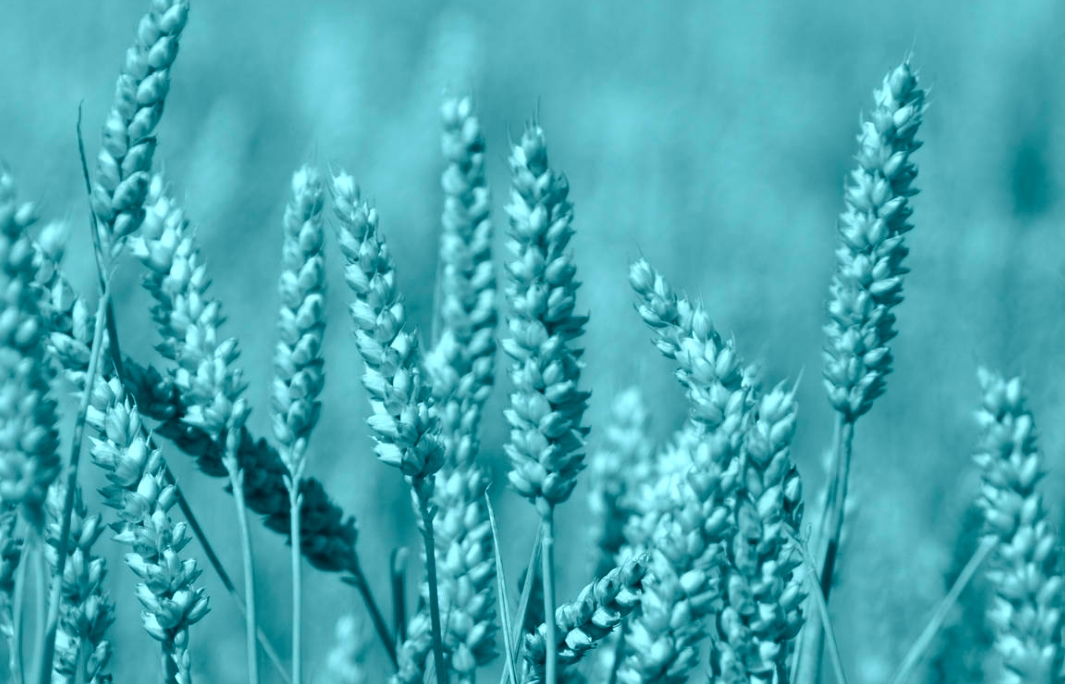The UN climate summit COP28 in Dubai has witnessed a historic agreement on the role of food and agriculture in tackling climate change. More than 130 countries, representing 75% of global food emissions, have signed the Emirates Declaration on Sustainable Agriculture, Resilient Food Systems and Climate Action. This is the first time in three decades that food and farming have featured prominently in a COP.
Why food matters for climate
Food production and consumption account for a third of the greenhouse gases that are increasing global temperatures and causing extreme weather events. The food system is also highly vulnerable to the impacts of climate change, such as droughts, floods, pests and diseases. This threatens food security, nutrition and health for billions of people around the world.
The declaration recognises that what we grow and eat is a crucial factor in global warming and commits to take action to reduce food emissions, maximise the health benefits of climate action and strengthen the resilience of food systems. It also aims to incorporate health targets in national climate plans and increase finance for climate and health solutions.
What are the benefits of the declaration
The declaration has been welcomed by many experts and charities who say it is long overdue and can have multiple co-benefits for people and the planet. By shifting to more sustainable and resilient food systems, we can:

- Cut emissions and help limit global warming to 1.5°C, the goal agreed by nearly 200 countries in Paris in 2015
- Improve public health and prevent millions of deaths from air pollution, infectious and zoonotic diseases and environmental risk factors
- Enhance food security and nutrition by increasing the diversity, quality and availability of food
- Protect biodiversity and natural resources by reducing deforestation, land degradation and water pollution
- Support livelihoods and economic development by creating green jobs and reducing poverty and inequality
How can we achieve the declaration’s goals
The declaration calls for cross-sectoral collaboration and innovation to transform the global food system. Some of the key actions that can help achieve the declaration’s goals are:
- Promoting low-carbon and climate-resilient agriculture practices, such as agroecology, organic farming, agroforestry and conservation agriculture
- Reducing food waste and loss along the supply chain, from production to consumption
- Encouraging healthy and sustainable diets, such as plant-based, Mediterranean and traditional diets, that are low in meat, dairy and processed foods
- Supporting small-scale farmers, especially women and youth, who produce a third of the world’s food, but are most affected by climate change
- Investing in research and development, education and awareness, and policy and governance to enable the transition to sustainable and resilient food systems
What are the challenges and opportunities ahead
The declaration is a major milestone, but it is not enough. It needs to be followed by concrete actions and commitments from governments, businesses, civil society and individuals. It also needs to be aligned with other global agendas, such as the Sustainable Development Goals, the Convention on Biological Diversity and the UN Food Systems Summit.
The declaration also presents an opportunity to build on the momentum and leadership shown by the COP28 Presidency and the World Health Organization, as well as the champion countries that supported the initiative, such as India, Brazil, the US, the UK, Germany, the Netherlands, Egypt, Kenya, Sierra Leone, Fiji and others.
The declaration sends a powerful message to the world that we can only keep the 1.5°C goal in sight if we act fast to shift the global food system in the direction of greater sustainability and resilience. This can result in improved adaptation across sectors, such as water and sanitation, housing, urban planning, food and agriculture, transport and energy. This underscores equity-based comprehensive health system responses.
The declaration also shows that we can create a win-win situation for people and the planet, by addressing the climate crisis and the health crisis together. As King Charles said at COP28, “the time has come for us to make the connections and take the bold steps that are needed to secure the future of our planet and our health”.


















